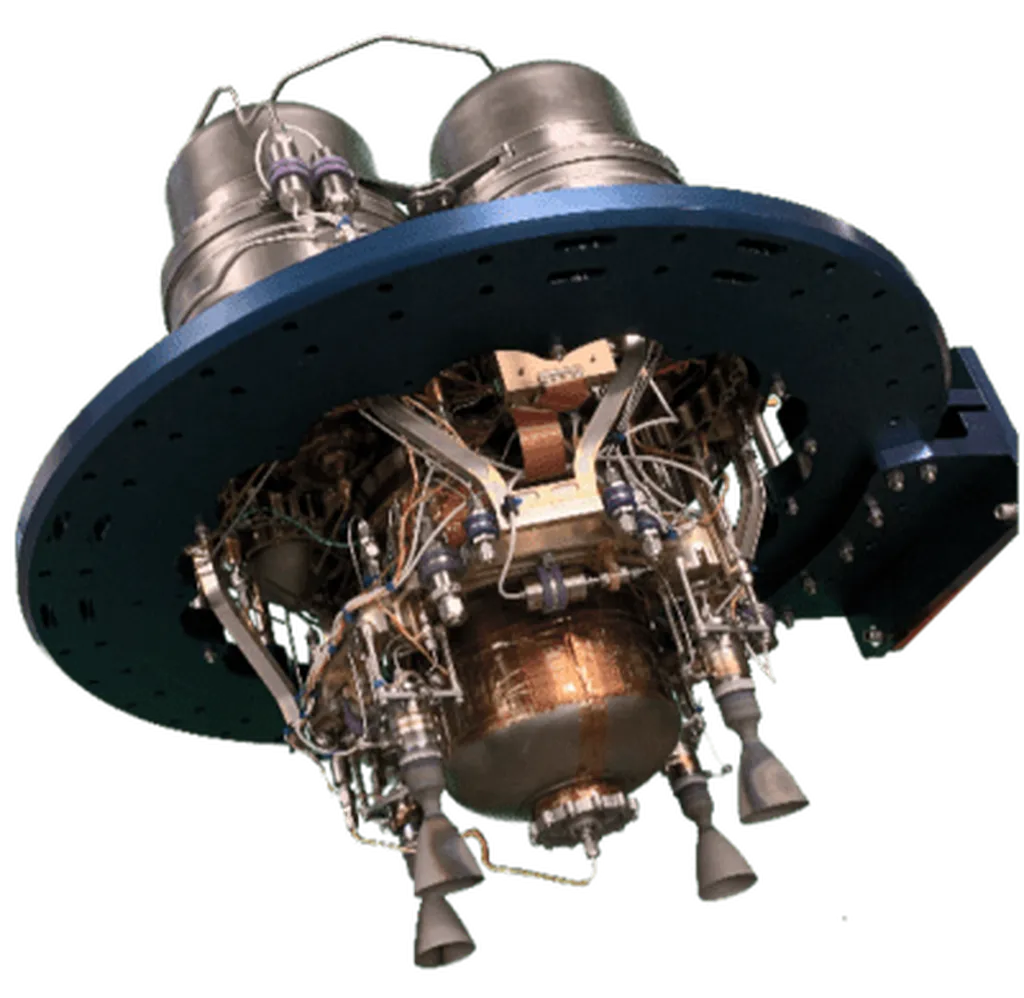In the quest to make air travel more sustainable, researchers are turning to hybrid-electric propulsion systems, and a recent study published in Aerospace and Space Technology is shedding new light on how to assess their efficiency. Led by Oleksii Pushylin from the National Aerospace University “Kharkiv Aviation Institute” and Ivchenko-Progress JSC, the research focuses on improving the integral indicator for evaluating hybrid turboelectric power plants (HTEPP) in passenger aircraft.
The study delves into the complexities of hybrid-electric propulsion systems, which combine thermal energy from turbojet engines with electrical energy from onboard batteries or hydrogen fuel cells. Pushylin and his team aim to enhance the integral indicator of hybridization, a crucial metric for understanding the contribution of each energy source to the aircraft’s propulsion.
“Our goal is to broaden the ability to determine the degree of electrification of the power plant components and the overall fuel consumption level,” Pushylin explains. By establishing a comprehensive set of key indicators and criteria, the researchers hope to evaluate the efficiency of different hybrid-electric propulsion architectures more accurately.
The improved integral indicator proposed in the study has a clear physical interpretation, enabling a precise assessment of the contribution of each energy type to the generation of mechanical power. This is a significant step forward in the field, as it allows for a more nuanced understanding of how different energy sources interact within a hybrid system.
The implications of this research are far-reaching for the energy sector. As airlines and aircraft manufacturers increasingly turn to hybrid-electric propulsion to reduce emissions and fuel costs, having a reliable method to assess the efficiency of these systems becomes paramount. The improved integral indicator could help guide the development of more efficient hybrid-electric aircraft, potentially accelerating the transition to more sustainable air travel.
Moreover, the study contributes to the systematization of parameters influencing the management of electrical and thermal energy supply throughout the entire flight cycle. This could lead to more optimized energy management strategies, further enhancing the efficiency of hybrid-electric propulsion systems.
The research also highlights the importance of considering the energy contribution of each source at different stages of the aircraft’s flight. This holistic approach could pave the way for more innovative designs and technologies in the field of hybrid-electric propulsion.
As the aviation industry continues to grapple with the challenges of sustainability, studies like this one offer a beacon of hope. By providing a more accurate and comprehensive method to assess the efficiency of hybrid-electric propulsion systems, Pushylin and his team are helping to shape the future of air travel. Their work, published in Aerospace and Space Technology, is a testament to the power of scientific inquiry in driving technological progress.

